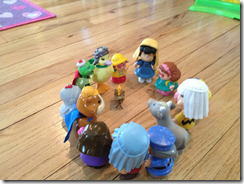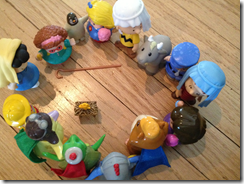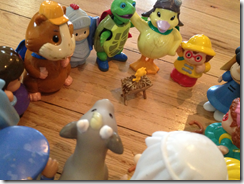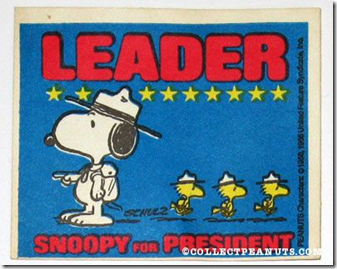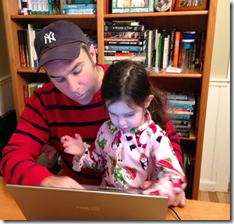Resolution update: 2012 in review
/The following is the December update and end-of-year review of my 2011 New Year’s resolutions.
I am currently in the process of deciding upon my 2013 goals and will post them later in the day.
Of my twenty New Years resolutions established at the beginning of 2012, only six were successfully completed. This has been my least successful year in the seven years I have establishing goals and posting them to my blog.
Of the goals achieved, I am most proud of my Moth performances and next week’s opening of The Clowns. Both of these achievements were unfathomable just two years ago.
Of the goals I failed to complete in 2012, the failure to complete my fifth novel looms large. It impacted completion of many other goals and hangs like an albatross around my neck.
The success or failure of each individual resolution is as follows:
1. Don’t die.
2. Lose ten pounds.
My weight is exactly the same as it was on the first day of the year.
3. Do at least 100 push-ups and 100 sit-ups five days a day. Also complete at least two two-minute planks five days per week.
Done.
4. Practice the flute for at least an hour a week.
I end the year with a broken flute and not a single hour of practice.
5. Complete my fifth novel before the birth of my next child.
Still not complete. My greatest failure of the year, and the cause of many other failures.
6. Complete my sixth novel.
Though I wrote parts of my sixth (and seventh novel), neither is even close to completion.
7. Sell one children’s book to a publisher.
Three children’s books are in various states of completion, and an editor is interested in looking at them, but until I finish my fifth novel, all other writing projects were put on hold, preventing pursuit of this goal.
8. Complete the book proposal for my non-fiction, photographic collaborative project.
See above.
9. Complete three chapters of my memoir.
Parts of three chapters have been written in preparation for stories that I have told at Moth StorySLAMs in 2012, but nothing formal or comprehensive has been written yet.
10. Complete at least twelve blog posts on my brother and sister blog.
A total of ten posts were written for 2012.
11. Become certified to teach high school English by completing two required classes.
One class was completed in the fall of 2012. The second class is not available until 2013.
12. Publish at least one Op-Ed in a newspaper.
Many pieces were written. Few were submitted. None were accepted. The failure to complete the fifth novel made this goal exceedingly difficult to achieve.
13. Attend at least five Moth events with the intention of telling a story.
I attended a total eight Moth events in 2012, exceeding my goal. Seven StorySLAM’s and one GrandSLAM.
I won two StorySLAMs, placed second in three other StorySLAMs, placed second in the GrandSLAM, and was not called to the stage for one StorySLAM.
In terms of goals achieved in 2012, this is by far my proudest. I told my first Moth story in July of 2011, and since then, I have taken the stage for a total of eight StorySLAMs and two GrandSLAMs. I won three of the StorySLAMs, took second place three others, and placed second in this year’s GrandSLAM.
The Moth has become an important part of my life in a relatively short time.
14. Complete the necessary revisions of our rock opera (The Clowns) so that it can be staged as a full production in 2013.
The Clowns opens on Friday for a weekend run. Are you coming?
15. Rid Elysha and myself of all education debt before the end of the year.
Incremental progress was made throughout 2012.
16. Give yoga an honest try.
This did not happen, despite the efforts of friends to help.
17. Meditate for at least five minutes every day.
This has been my most surprising achievement of 2012. Not only do I spend every morning meditating, but recently, I was able to enter a state of meditation in a room full of people. For at least a couple minutes and maybe more, I managed to eliminate all distraction and empty my mind. I had been trying to do this for much of 2012, and though I only managed it once, I was thrilled.
18. Agree to try at least one new dish per month, even if it contains ingredients that I wouldn’t normally consider palatable.
I tried at least twelve new dishes in 2012 and found at least a few that are palatable.
19. Conduct the ninth No-Longer-Annual A-Mattzing Race in 2012.
This goal went uncompleted as a result of my failure to complete my novel.
20. Post my progress in terms of these resolutions on this blog on the first day of every month.
Considering that I forgot to post results for the last two months, I can hardly consider even this to be a success.




